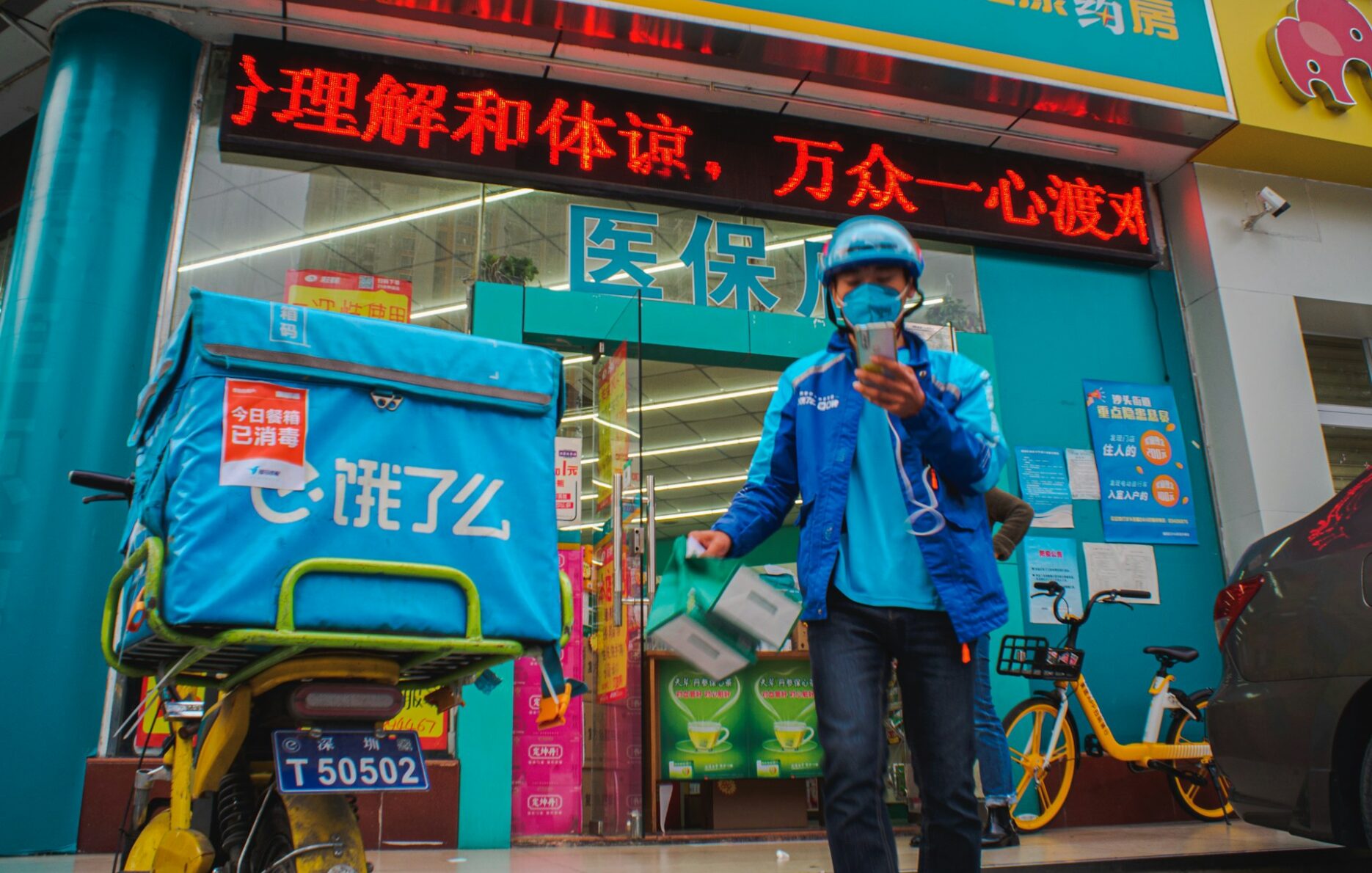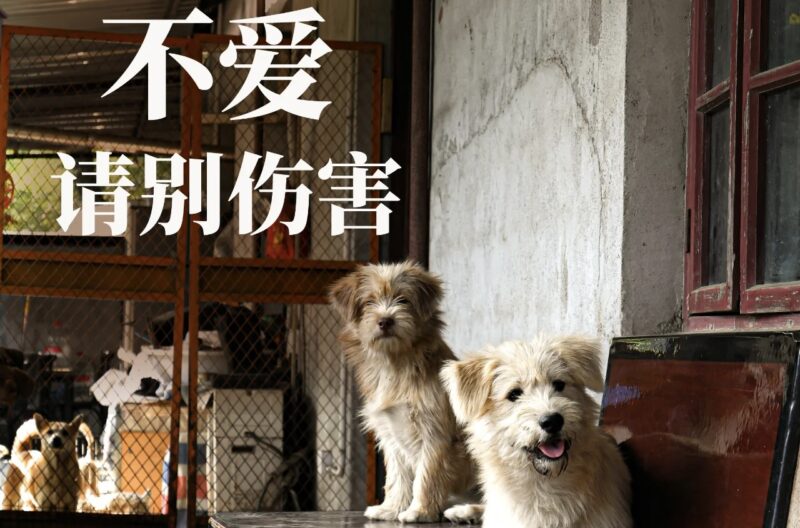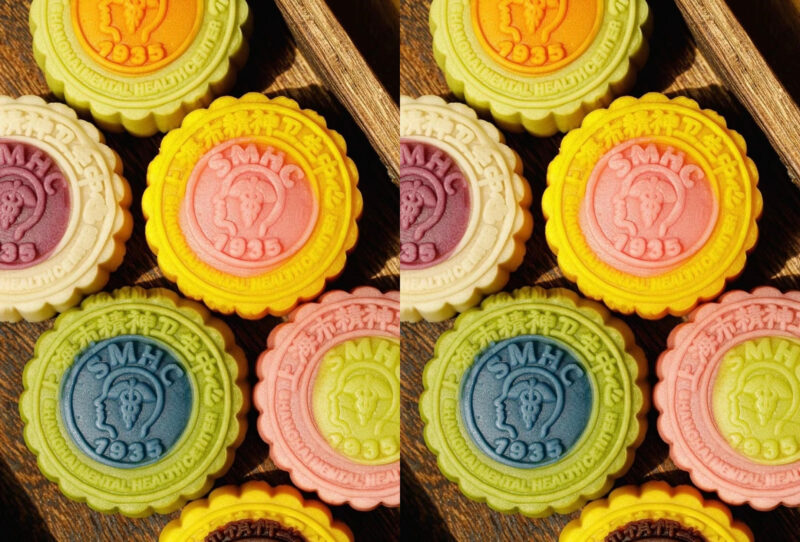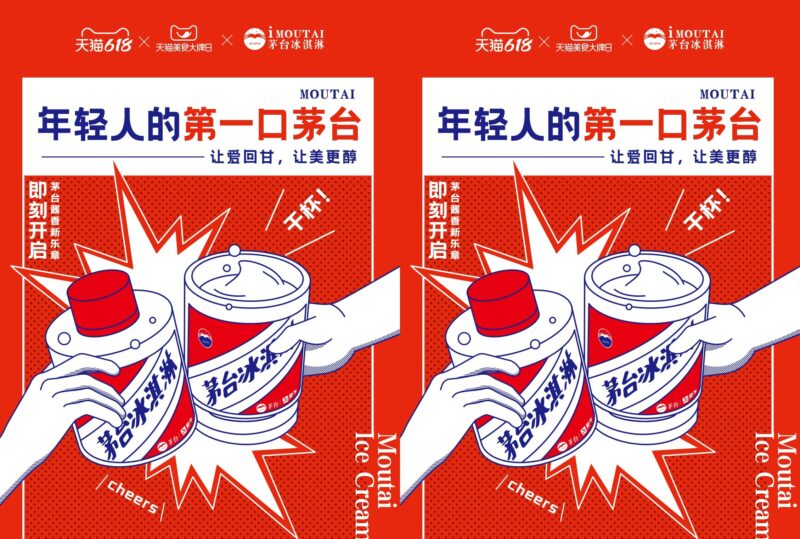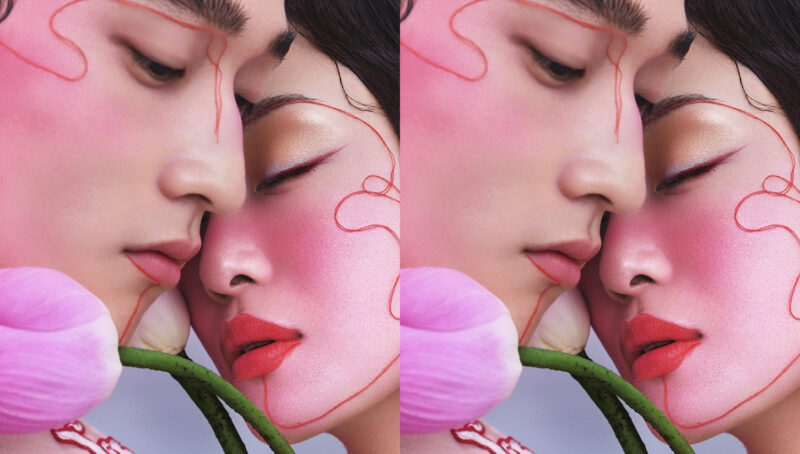2023 was the year Chinese consumers defied the world’s expectations.
Hopes for a “revenge consumption” spree were dashed early in the year as “rational consumption” and “price-to-performance ratio” settled in as the post-pandemic keywords. One article that recently hit Weibo’s top searches went so far as to say younger consumers are “spending in reverse”.
This elusive new term “reverse consumption” has much the same meaning as rational consumption – cost-effectiveness is king. But its emergence does not so much signal the arrival of a new trend as serve as an announcement; whatever happened this year is not just a phase.
This is all happening as China’s biggest shopping event of the year gets underway. As consumers undergo major shifts in their thinking and motivations, do frenzied shopping festivals like Double 11 still have a place in today’s China?
“Consumption upgrade” meant consumers were willing to pay a premium for quality
Golden age
To understand why these changes are such a big deal, we need to go back to the concept of “consumption upgrade”, which has been heralded as a backbone of China’s development. Consumption upgrade is a process characterized by goods and services improving significantly, buying power going up, and consumer demand skyrocketing. Crucially, “consumption upgrade” also meant consumers by and large were willing to pay a premium for quality.
The recent slump in demand has prompted fears of a consumption downgrade. State media refutes this notion in favour of stronger 正能量 (“positive energy”) messaging about the upward trajectory of China’s modernisation. Similarly, the author of the original Weibo article about “reverse consumption” made explicit that the trend does not equal a large-scale downgrade.
“What this shift truly signifies is a more value-driven approach,” – Yaling Jiang
Back to the future
Terms like rational consumption and reverse consumption describe consumers avoiding impulsive spending and considering purchases carefully.
But while “rational” implies a temporarily cautious approach to spending in uncertain times, “reverse” points to a broader questioning of the assumption that high prices always mean better quality.
“It may appear that consumers are tightening their belts and spending less, yet what this shift truly signifies is a more value-driven approach,” says Yaling Jiang, a cultural analyst and founder of Following the Yuan, a Chinese consumer-centric newsletter.
So “spending in reverse” is not to say consumers are no longer willing to pay a premium for quality, but simply that they are far more skeptical about what is considered quality – and who gets to define it.
This mindset is a natural consequence of consumption upgrade, the most recent phase of which saw technological upgrades transform smartphones and social media into the ultimate commerce hub. “Consumers are unwilling to compromise on quality, as the preceding era of ‘upgrade’ has cultivated a more discerning customer base,” adds Jiang.
The recent PR crisis of C-beauty success story Florasis drove this message home. Even the most persuasive marketing tactic of all – guochao or “China chic” – holds little clout if it’s not backed up by quality products with well-justified prices. China’s consumers are not convinced that splashing out on the grounds of a brand’s reputation or exclusivity is a good pay-off. Brand name is not enough.
Even the most persuasive marketing tactic of all – guochao – holds little clout if it’s not backed up by quality products
Consumers are demanding clear messaging on the value added by the product and how it stacks up with what else is on offer. Or, as China tech keynote speaker and strategy consultant John Lin puts it: “It is less about who you buy from, but what you buy and how it will make your life better.”
How to stay relevant
Can Double 11, with its tendency to encourage impulsive spending, still appeal to consumers in light of this? This year’s mood so far is mixed.
“On one hand, it’s the first Double 11 after China lifts restrictions, so there’s an anticipation for more extravagant consumer behaviour, particularly in the realms of fashion and beauty. On the other hand, there has been fatigue toward e-commerce festivals and discounts, and the effects of stagnant economic growth are showing,” Jiang explains.
But there is wiggle room for retailers and brands willing to adapt. “Profit is the last thing [e-commerce giants] care about – gaining or defending market share is the name of the game this year,” says Lin. Alibaba, the inventor of the Double 11 festival, made an early announcement that this year’s event would no longer focus on Gross Merchandise Value (GMV), instead making the objective “lowest price on the network”. KOLs like Li Jiaqi, known for his “buy, buy, buy” slogan, are also expected to change their tune for the long term.
In terms of catering to a value-driven approach, Lin bets on sustainability being a key way brands can keep the big price tag. Brands can also consider bundling products together and marketing the specific combination as a lifestyle upgrade, advises Amber Zhang via China business substack Baiguan.
Whether consumers are considered “rational” or “in reverse”, the years ahead may be the start of the next biggest marketing challenge for brands and retailers as the framing of shopping festivals will be everything. They may also have to change their own expectations. If retailers can stop trying to “win” at shopping festivals and think of it instead as a chance to better understand how their products compare with others’ offerings, gather data, and increase visibility, Double 11 may just be able to stay relevant – and more than that, fun.




